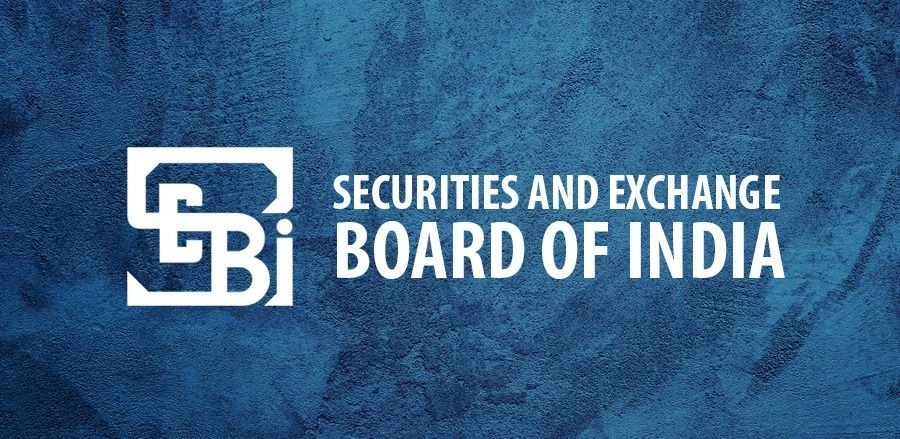The Securities and Exchange Board of India (SEBI) has issued a consultation paper seeking public feedback on proposed regulatory changes aimed at strengthening corporate governance in listed companies. The proposals focus on enhancing compliance requirements, tightening auditor eligibility norms, improving disclosure practices, and setting clearer rules for related party transactions (RPTs). The move is expected to improve transparency, reduce financial risks, and increase investor confidence in the market. SEBI has invited stakeholders to submit their feedback by February 28, 2025. Key Proposals and Their Impact: Strengthened Compliance Reporting: SEBI has proposed refining the Annual Secretarial Compliance Report (ASCR) to ensure clearer confirmations of compliance with securities laws. The proposal includes making ASCR a mandatory part of the annual report and streamlining exemptions related to corporate governance certifications and secretarial auditor reports. These changes aim to enhance accountability and ensure companies adhere strictly to regulatory guidelines. Tighter Auditor Eligibility Rules: To improve financial oversight, SEBI has recommended introducing eligibility criteria for appointing statutory auditors in accordance with the Companies (Audit and Auditors) Rules, 2014. The new criteria will ensure that auditors’ qualifications and experience align with the size, operations, and complexity of listed entities. Additionally, SEBI has proposed that companies disclose key details about the appointment or reappointment of statutory and secretarial auditors to the audit committee, board of directors, and shareholders. A standardized disclosure format is also being considered to further improve transparency. This is expected to enhance trust in financial reporting and strengthen enforcement mechanisms. Stricter Rules for Related Party Transactions (RPTs): SEBI has suggested introducing monetary thresholds for RPT approvals to ensure better scrutiny of transactions conducted by subsidiaries of listed companies. Under the new guidelines: For subsidiaries with an established financial history, the approval threshold will be the lower of 10% of turnover or a monetary limit—₹1,000 crore for main-board listed firms and ₹50 crore for SME-listed subsidiaries. For subsidiaries without a financial track record, the threshold will be 10% of standalone net worth, certified by a chartered accountant, or the prescribed monetary limits. In cases where subsidiaries have a negative net worth, share capital plus securities premium may be considered instead of 10% of net worth. These changes aim to bring consistency in financial disclosures and prevent possible misuse of related party transactions for financial manipulation. Why These Reforms Matter: With these proposed amendments, SEBI aims to enhance corporate accountability, protect investor interests, and create a more transparent and well-regulated financial ecosystem. The tightening of audit regulations will help mitigate financial risks, while clearer RPT rules will prevent conflicts of interest. As corporate governance standards evolve, these measures are expected to improve the overall trust in India’s financial markets. Investors, companies, and financial professionals are encouraged to review the proposals and provide their feedback before the deadline. Source: CNBCTV


